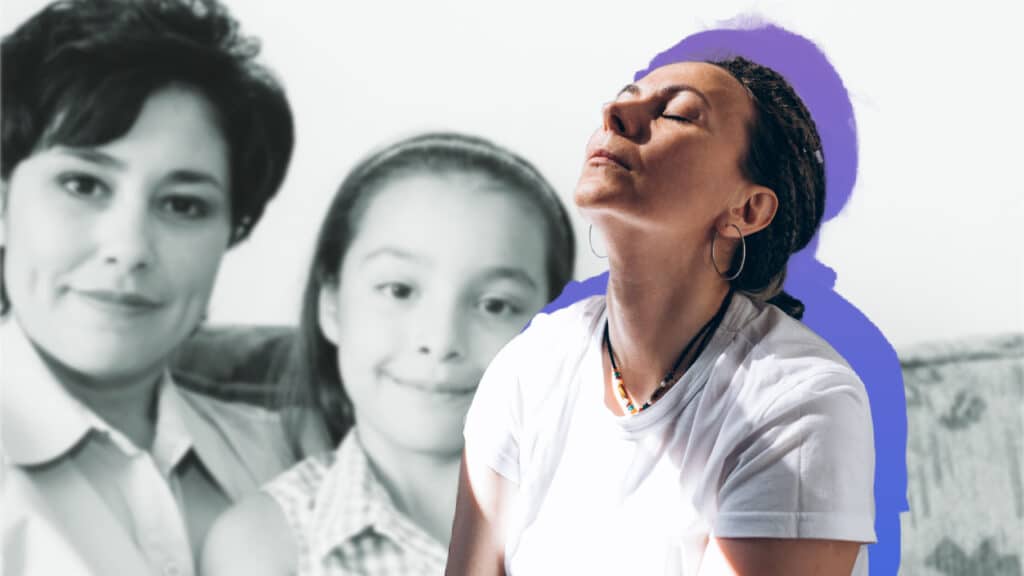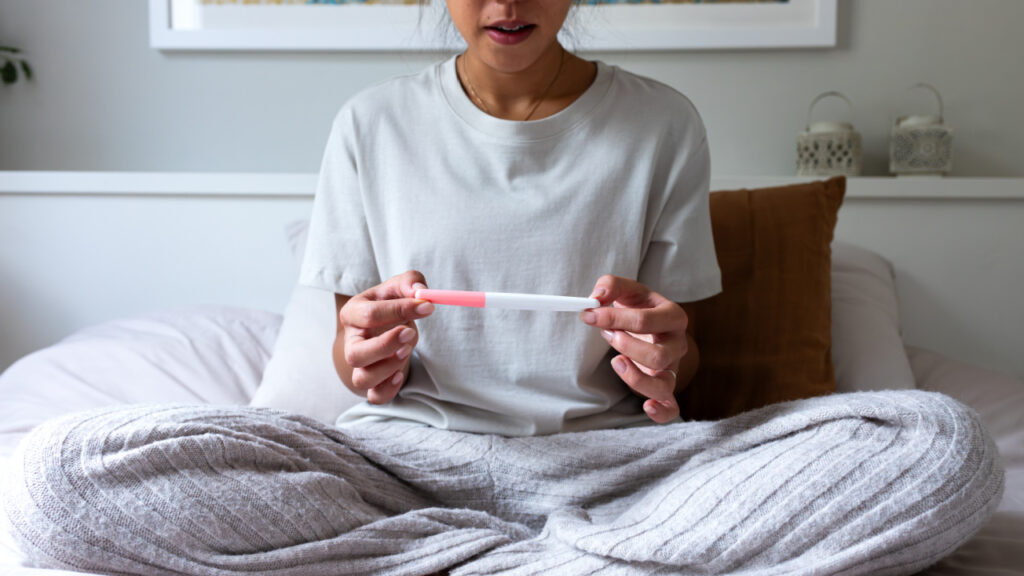
Is Being the Eldest Daughter Making Us Sick?
We joke about eldest daughter syndrome all the time—on TikTok, in therapy, in group chats where the first-born girl is always too good at apologizing for things that aren’t her fault. But what if being the responsible one isn’t just emotionally exhausting—what if it’s biologically affecting our health?
Recent research suggests that the psychological weight eldest daughters carry might show up in our bodies in ways we’ve barely begun to understand.
The Eldest Daughter Effect Starts Before Birth
In a groundbreaking study published in Psychoneuroendocrinology, a UCLA-led research team found that daughters born first to mothers who experienced high prenatal stress showed earlier signs of adrenal puberty. That means earlier development of things like body hair, acne, and brain changes that affect emotional maturity, but not menstruation.
Anthropologist Molly Fox, the study’s co-author, explained the evolutionary reasoning: a first-born daughter might mature early so she can help raise younger siblings, without being old enough to have her own. In stressed families, the eldest daughter becomes a built-in support system.
“It gives mom a ‘helper-at-the-nest’ sooner,” Fox told UCLA News. That accelerated development doesn’t affect boys or non-first-born girls the same way, according to the study.
From “Helper-at-the-Nest” to Perfectionist Burnout
That helper role doesn’t stop in childhood. As psychologist Kati Morton explained on TODAY, eldest daughter syndrome refers to a pattern where first-born girls become overly responsible, people-pleasing, anxious, and perfectionistic. It’s not a formal diagnosis, but it resonates deeply.
You see it in anecdotes: eldest daughters managing households, interpreting adult emotions too early, acting like a “third parent” to younger siblings. And it’s not just about family dynamics—it’s often cultural. Dr. Kate Eshleman at the Cleveland Clinic said these patterns are especially pronounced in households where gendered expectations assign girls more caregiving labor, even if they aren’t the oldest child overall.
In other words, it’s not just the birth order—it’s the way eldest daughters, especially in immigrant or high-stress households, are expected to carry the load.
Are Eldest Daughters More Likely to Develop PCOS or Autoimmune Issues?
That viral tweet you saw might be onto something: eldest daughters make up a big portion of the women dealing with hormonal imbalances, PCOS, and autoimmune disorders. But let’s break it down.
Some science suggests a link between early stress and these chronic conditions. According to BMC Medicine, autoimmune diseases like lupus, thyroid disease, and rheumatoid arthritis tend to cluster in families. That alone doesn’t explain why eldest daughters might be overrepresented, but when paired with other data, a pattern emerges.
The Journal of Clinical Endocrinology & Metabolism found that daughters of women with glucose-intolerant PCOS had higher free testosterone levels and lower beta-cell function. This puts them at greater risk for PCOS and metabolic issues. Add that to research on transgenerational effects of maternal stress and androgens, and you start to see how eldest daughters—especially those exposed to family trauma or prenatal stress—may be biologically primed for hormone-related disorders.
Stress in the Womb, Stress in the World
The UCLA study followed 250 families from pregnancy through their children’s teen years. Researchers measured the moms’ depression, anxiety, and stress at five points during pregnancy, then tracked signs of puberty in their children.
The results were clear: daughters of stressed moms hit adrenal puberty faster than their peers. “The biggest takeaway is that stress and pregnancy really matter and can really affect the trajectory of firstborn girls,” said UC Merced professor Jennifer Hahn-Holbrook to CBS News.
And it’s not just an individual health issue. As Molly Fox put it, “This research adds to the body of knowledge… showing the significant and lifelong impacts to women and their offspring when it comes to prenatal emotional, environmental, and other factors.”
Eldest Daughter Syndrome Isn’t Just a Trend—It’s a Warning Sign
We’ve laughed our way through the memes. We’ve built podcasts, support groups, and a whole aesthetic around eldest daughter syndrome. But as the science catches up to what we’ve long known in our bones, we have to start taking it seriously.
Whether it’s higher rates of autoimmune disease, early hormone shifts, or a generational loop of pressure and performance, the eldest daughter’s experience has real consequences. And it’s time we started listening—not just to the jokes, but to the symptoms.




